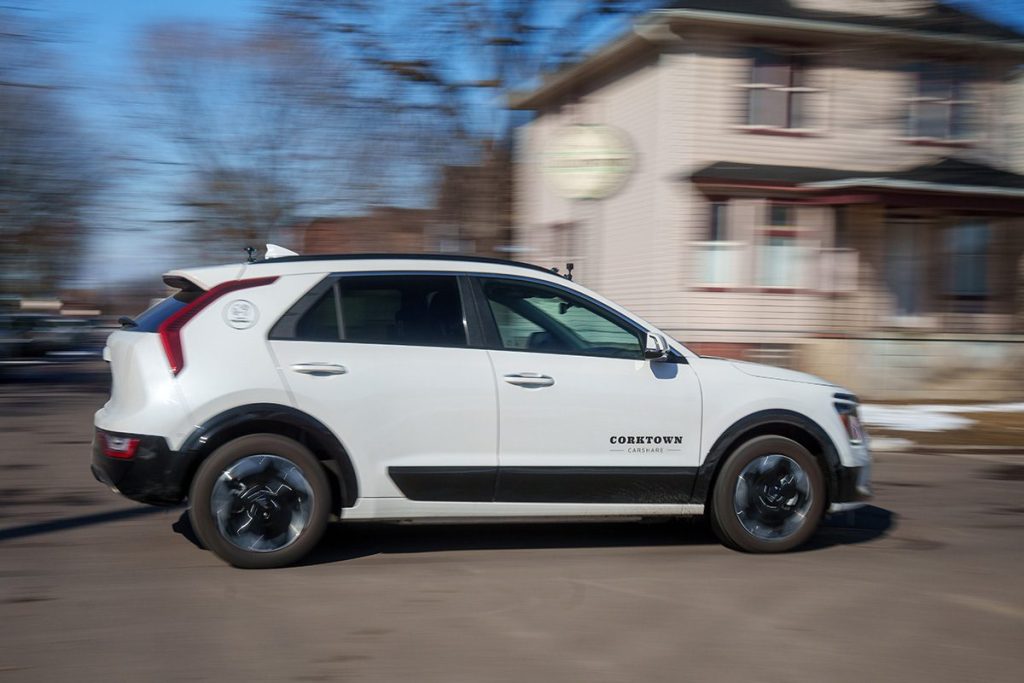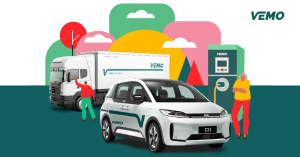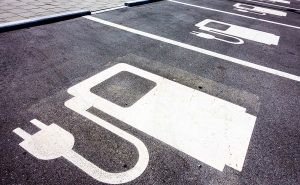
Shared Electric Vehicles Arrive in Detroit with Remote Driving Technology

Detroit has launched a pilot program of shared electric vehicles operated via remote driving technology, aiming to transform urban mobility. This cutting-edge solution offers a more sustainable, accessible, and efficient way to get around in crowded city environments.
Read more: Mobility Technologies: Urban Innovation for More Sustainable Transport
Innovation meets social impact
The initiative kicked off in Corktown, with support from the Michigan Office of Future Mobility and Electrification, the Michigan Mobility Funding Platform, Detroit’s Transportation Innovation Zone, and the organization NextEnergy.
Sway Mobility leads the project in partnership with Mapless AI, which provides the remote driving system. The process is simple: vehicles are moved remotely to high-demand areas where users can access them via a mobile app. At the end of the day, the vehicles are returned to underused charging stations.
As Sway Mobility’s CEO Michael Peters points out, most cars spend hours idle, costing owners unnecessary money and space. This model aims to solve that problem while enhancing urban mobility.

Shared electric vehicles: a scalable and sustainable solution
The shared electric vehicles model is especially powerful in cities like Detroit, where many residents lack personal cars. A study by the University of Michigan revealed that this system could save users up to $12,000 annually in vehicle ownership costs.
Unlike traditional carsharing programs that rely on large fleets and dedicated parking, this solution operates with fewer vehicles while serving more users. That translates into greater efficiency and reduced operational costs.
Smart mobility on the Latin American agenda
This type of solution proves that smart mobility is a key driver of sustainable urban transformation. In Latin America, these topics will be at the heart of Latam Mobility Colombia 2025, taking place June 4–5 in Medellín, where public and private sector leaders will explore the future of transportation.
The smarter we move, the more sustainable our cities will be. Technologies like remote vehicle operation and shared electric mobility are paving the way toward a cleaner, more efficient future.





